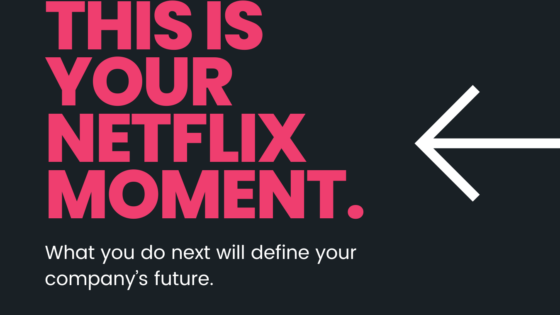How do you decide what class rules you should have?
I have found that when I ask this question of teachers I generally get one of two responses:
- A blank look
- Or a response that goes something like, “I just have all the ‘normal’ rules that every teacher has”
Why is this a problem?
The two main reasons are:
1. You are not the same as ‘every teacher’. You have your own personality and your own classroom management strategies.
If you are a unique individual and each class is a unique learning environment, why then would you have the same class rules as a teacher who is completely different to you?
2. Class rules lose their effectiveness when they are treated as a standalone classroom management strategy.
When I was at university training to be a teacher, I was told that I needed to have class rules. The advice given to us was that we should involve the students in the process of deciding what rules the class should have. Once the rules had been agreed on, we should proudly display the class rules in a prominent spot on the front wall as a constant reminder of what was expected.
I soon discovered in the ‘real world’ this just simply didn’t work.
The best example of this was in my last school. I took over from a teacher who had plastered right across the front wall in big bold letters “Turn off your mobile phones”.
I am quite happy for my students to have their mobile phones out in class (we use them as learning tools – not for Facebook). Instead of taking down the rule, I thought I would leave it up and see how the students responded. In the four years that I was in that classroom, not once did a single student look up and read the sign, take out their mobile and turn it off.
Why? Simply because the rule didn’t reflect my classroom culture nor was it anchored in any way to my teaching goals.
So how do you decide what class rules you should have?
The way you determine what class rules to have is to look at your routines. The reason you have a class rules is so that your class routine is maintained. Many teachers have a rule that the student’s need to put up their hand to speak. The reason that you have this rule is so that the students aren’t constantly interrupting the lesson. It’s not because it’s polite or good manners. It’s because it maintains a sense of order.
In the next post I will give you some examples of how I use class rules to protect my routine. In the mean time, think through all your rules and start to evaluate whether they are there because ‘that’s just the way we’ve always done it’ or because they are serving the purpose of keeping your classroom routines in flow.

















